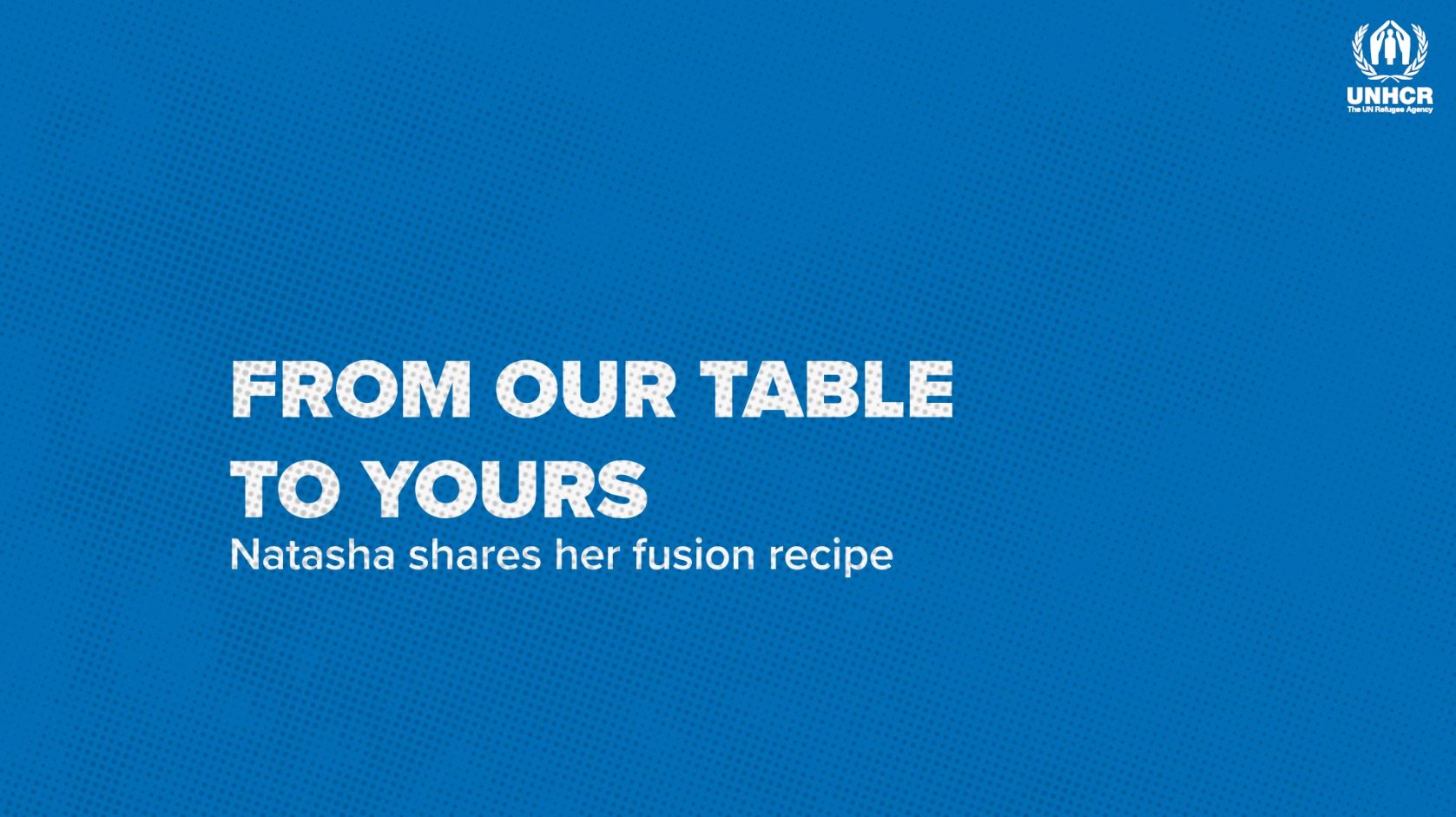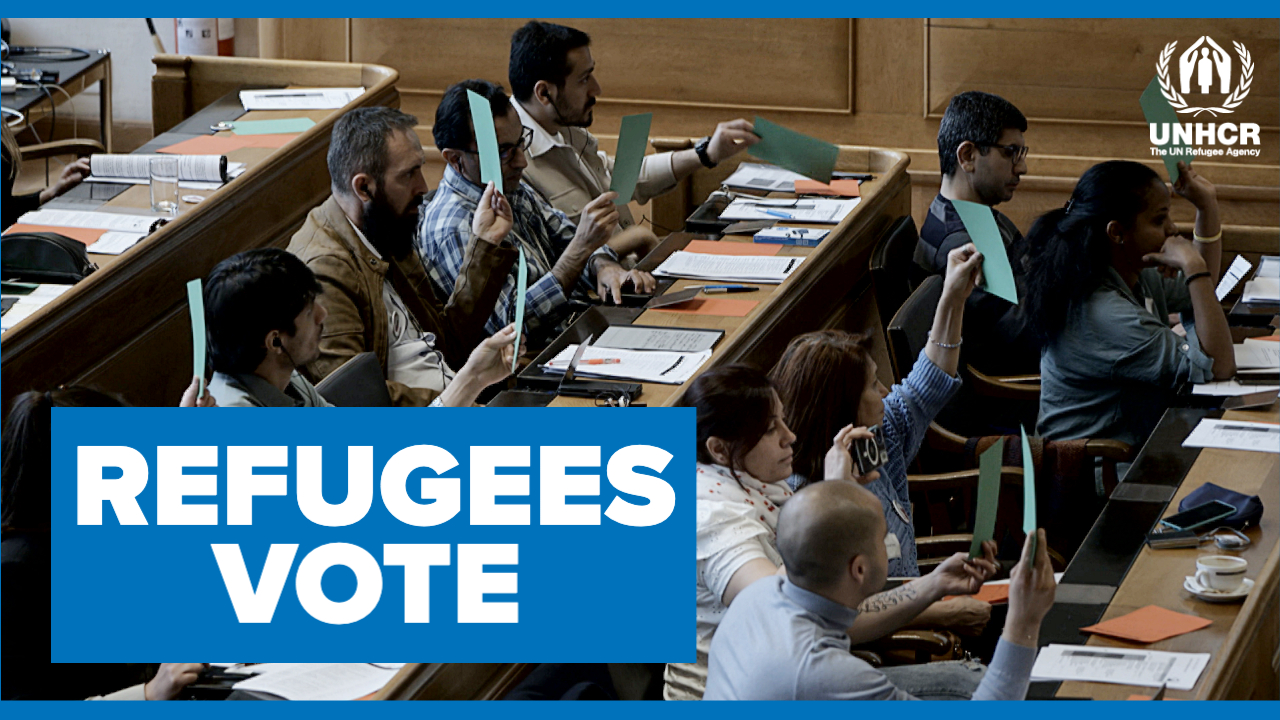Vulnerable refugees get ATM cards under new UNHCR scheme
Vulnerable refugees get ATM cards under new UNHCR scheme

CHISINAU, Republic of Moldova, March 22 (UNHCR) - Vulnerable persons fleeing persecution and seeking asylum in Moldova can now use debit cards under a new UNHCR initiative to expedite the distribution of the agency's monthly subsistence allowances.
Moldova is the first country in Europe where the UN refugee agency has implemented the debit card scheme to streamline the distribution of its monthly financial support via Automated Teller Machines (ATMs).
The new card scheme was launched on Monday by UNHCR, in cooperation with BCR Chisinau S.A. It enables needy refugees, asylum seekers and beneficiaries of humanitarian protection to receive convenient debit cards which they can use to withdraw the monthly support.
"UNHCR is very pleased to launch this initiative in Moldova as it enables people to withdraw funds at nearby bankomats at their convenience rather than having to commute to a central distribution point to collect the allowance," said Peter Kessler, UNHCR's representative in Moldova.
"Refugees have often suffered indignities and find it difficult to integrate in a new, safe host country," he added. "Having these cards is another step towards helping them more actively participate in daily life and maintain a greater degree of dignity."
Sorin Andrei, chief executive officer of BCR Chisinau, said, "We are pleased to cooperate with UNHCR in order to support refugees by offering them access to banking services through the debit cards. This facility will give beneficiaries all the advantages in terms of time and cost saving, as well as access to money around the clock for cash withdrawal and payments for services and products using the cards."
The sums being distributed to beneficiaries of the UNHCR initiative are modest, currently not more than 500-600 Moldovan leu (30-36 euros) per person each month. Experienced aid workers - including staff of the Ministry of Interior's Refugee Directorate, UNHCR and its implementing partners - meet regularly to review applications for assistance.
Recipients of the cards were pleased to get bankomat access and avoid having to pay for city buses to go and collect their monthly support.
"I feel good because every time we have to collect money we must pay 10 leu for city buses," said Karim Anargul, an asylum-seeker from Afghanistan.
Asylum-seekers only receive social support for six months under the UN scheme while they await their decisions. However, refugees and beneficiaries of humanitarian protection may be assisted for longer periods if they are sick, are persons with disabilities or are elderly or unemployed. One of the most important benefits is that the debit cards will also give the recipients access to bank accounts, where they may eventually save money and earn interest.
In addition to UNHCR's monthly financial support, vulnerable refugee families may also receive food packages, milk for children, kits for new-born infants and hygiene supplies for women and girls. Many people fleeing persecution who live in Moldova may lack the means or the capacity to support themselves, and UNHCR's assistance ensures their monthly survival.
The UN refugee agency has worked in Moldova since 1997 to help the government establish an effective asylum and refugee protection system. In addition to its supervisory role over the 1951 Refugee Convention, the agency is also responsible for the protection of more than 2,000 stateless people registered in Moldova.
By Liliana Pavlov
In Chisinau, Moldova








